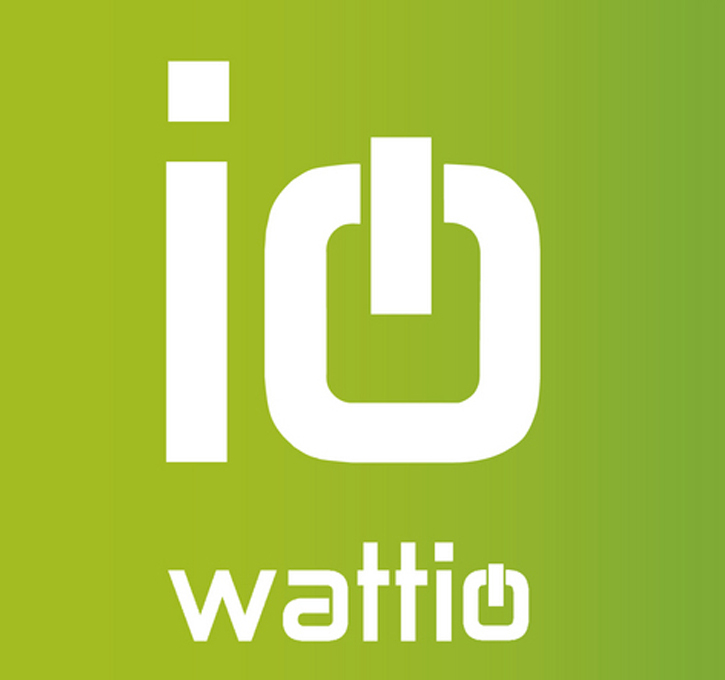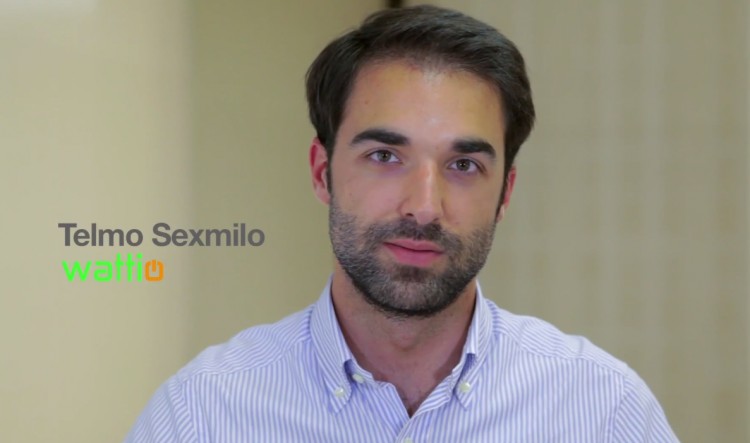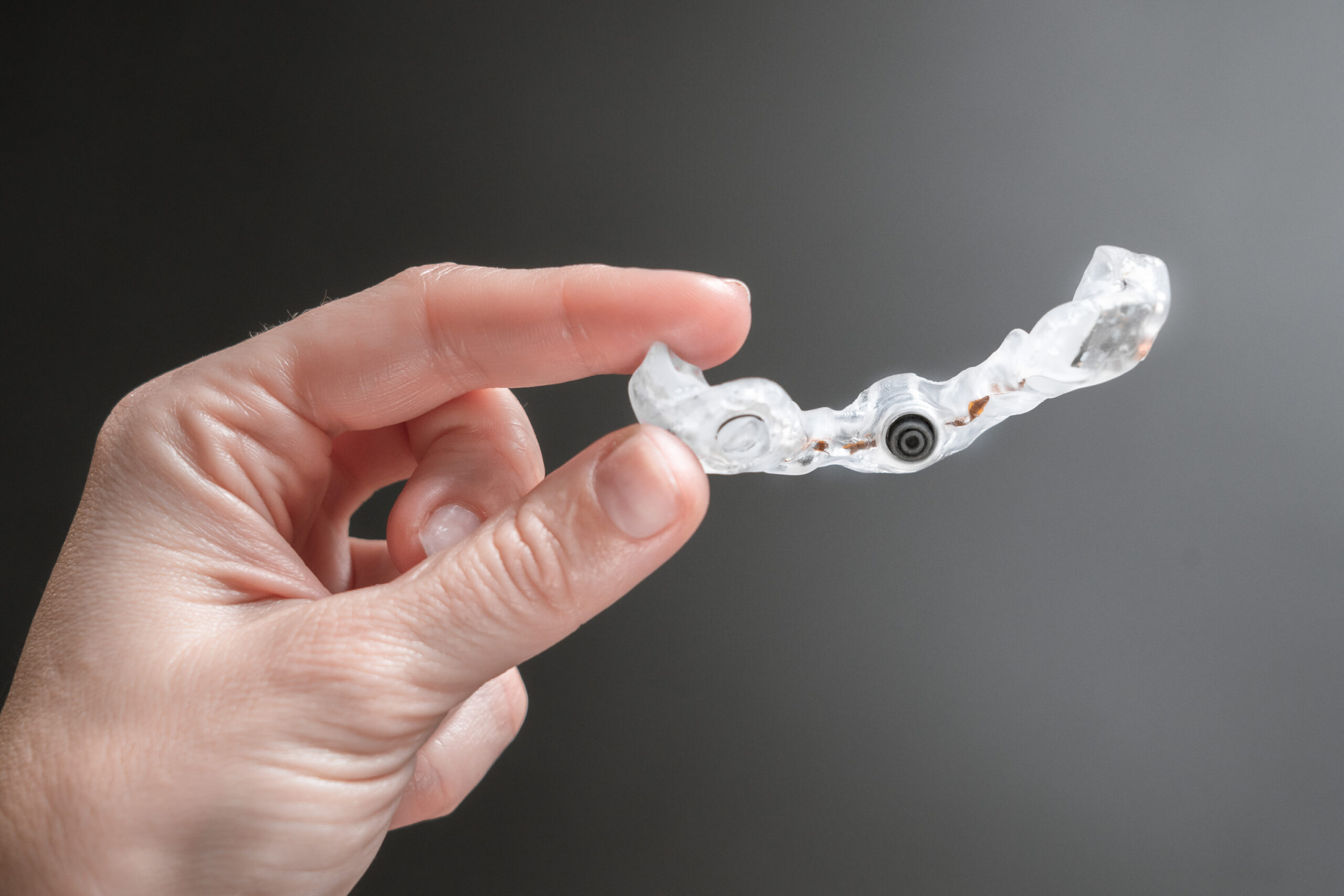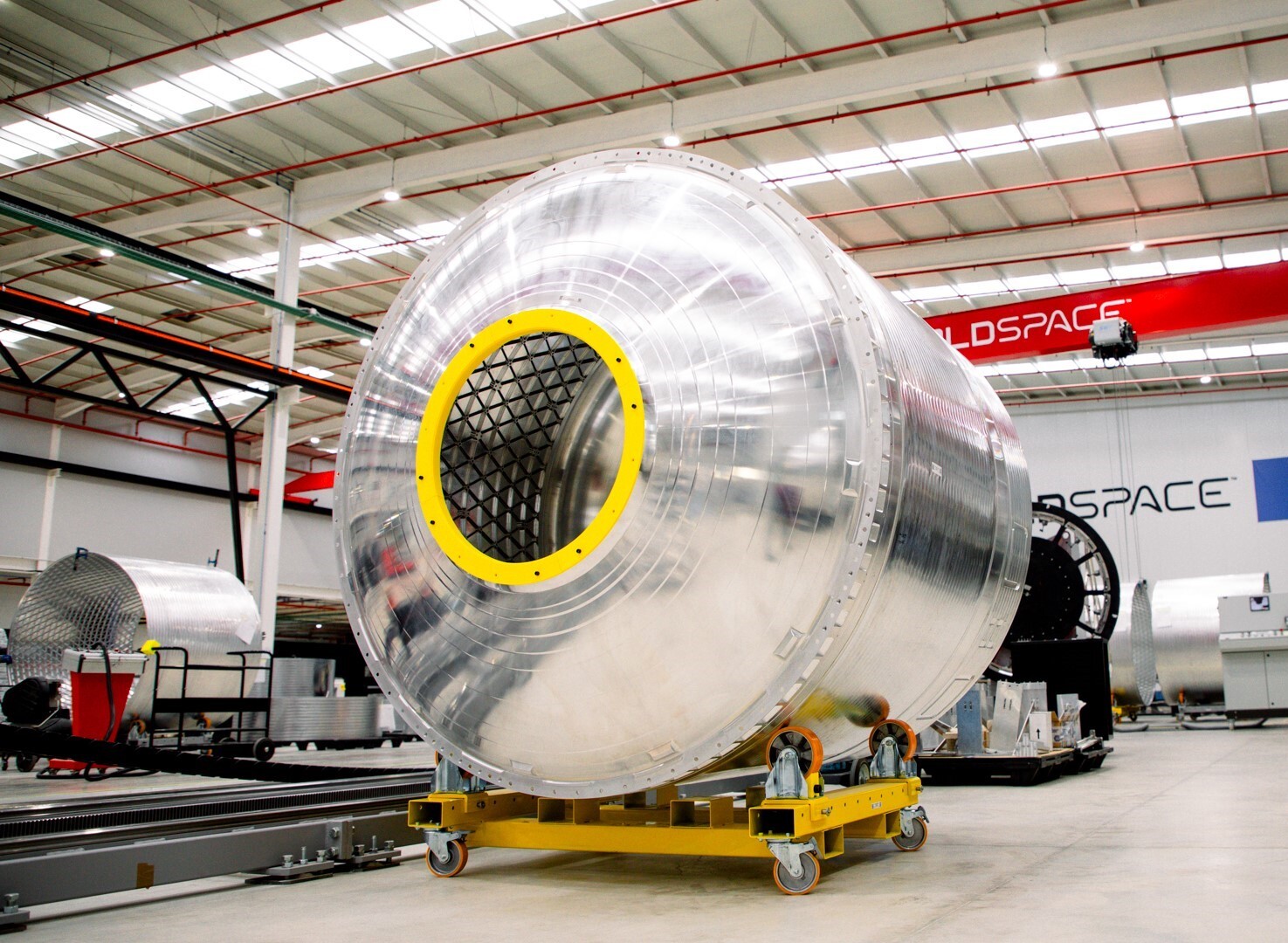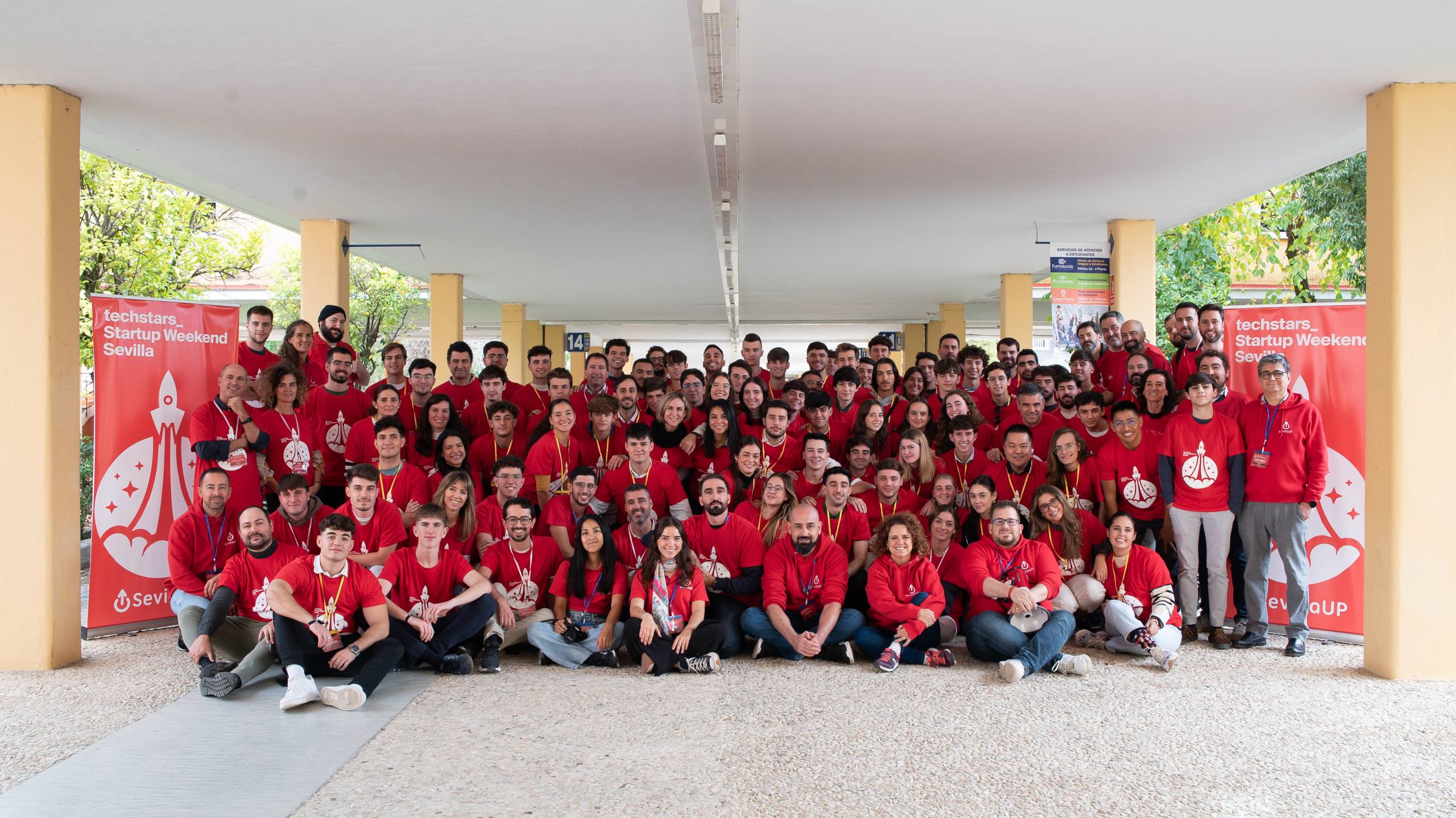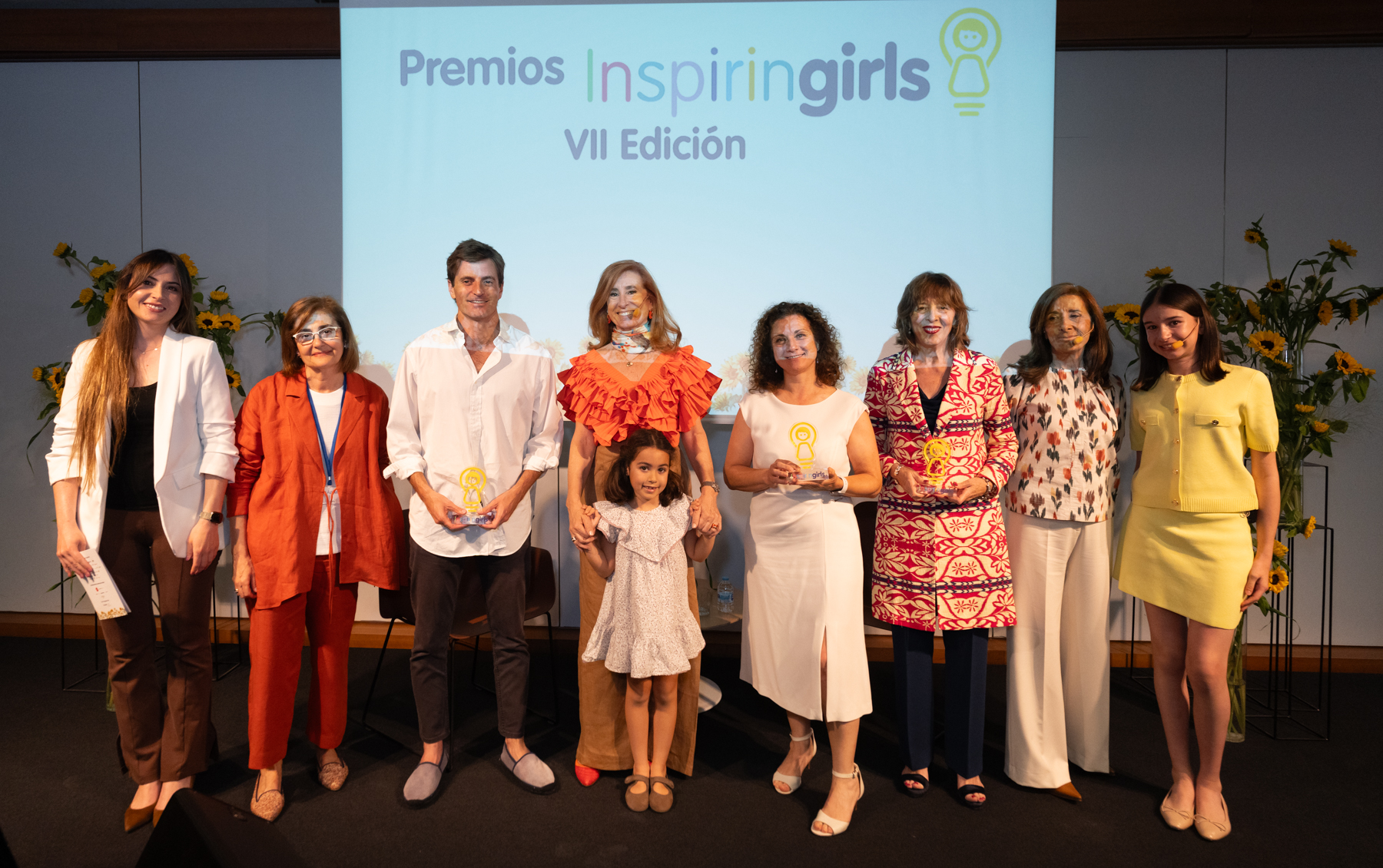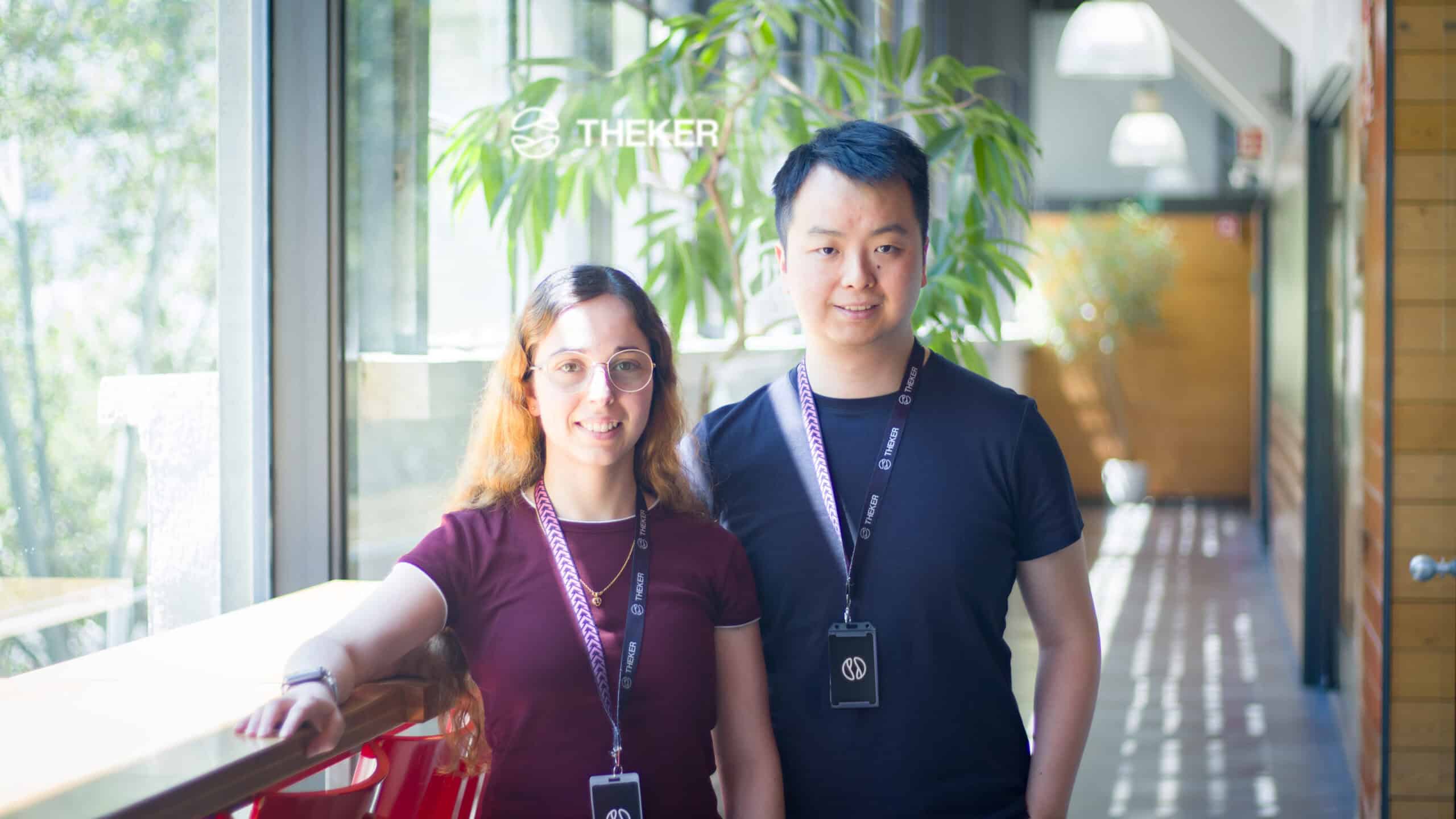Home automation startup Wattio closed a €1.25 million investment this weekfrom private investors.
This round of funding comes after raising more than €90,000 on crowdfunding platform Indiegogo in 2013 and an additional half million from the same public VC fund EZTEN a year before that.
To know more about the company, the Internet of Things (IoT) sector and their experience in raising money from two very different sources (local institutions and crowdfunding) we’ve interviewed its CFO, Telmo Sexmilo.
Many Internet of Things projects started off on crowdfunding platforms. What role do you think these platforms play today and do you think this role will change significantly in the next three to five years?
Personally and based on the experience with Wattio, I think that crowdfunding is mostly a marketing tool that is useful to validate ideas. Especially in the case of hardware projects where investment is not only needed in production, but also in building means of production.
Although we outsourced the production part, we still had to produce molds for plastic injection and systems for testing, elements that were necessary to ensure the quality of our first production batch. Despite the fact that it was just a crowdfunding platform, we couldn’t ship a low quality product and play with our users’ trust. With this I’m trying to explain that even though crowdfunding can cover variable costs through presales, there are many other elements that require additional funding if we want to build a scalable and profitable company.
As 3D printers become cheaper and more accurate and systems such as Raspberry Pi or Arduino mature, maybe in a few years we could see IoT crowdfunded projects that look more like industrialised products than prototypes, without risking the quality of the product or the prestige of the company. This could also lead to significant reductions in delivery times to the end the user, which right now are high given the constraints and developments I’ve previously mentioned.
Some public institutions and companies talk about Spain as one of the largest IoT hubs in Europe. Do you think that’s true or is there too much hype around the sector?
The truth is that I don’t know. We can ramble all we want, but I like to make assessments based on data. In my opinion we need to wait for results to be available in order to issue this kind of judgements. This should be analysed in a few years when we know how many successful IoT companies have come out of Spain in comparison to the rest of Europe. Or how many have been acquired.
I’m pretty sure about one thing: despite what many think, we have lots of creative and collaborative people in Spain, who are convinced that the path to success requires effort and sacrifice. And each and every year our universities and schools provide some of the best engineers in the world.
In Spain there are many public initiatives to promote IoT and smart things such as Malaga, Santander and Barcelona. What do you think about the public sector involvement in these areas?
I don’t know the initiatives run by these cities, but I do know what’s going on in Euskadi in terms of entrepreneurship and R&D. We’ve received lots of help from various local institutions.
I think the creation of infrastructures and networks that facilitate collaboration and mutual learning between new and historic companies, as well as institutions, is vital for the maturation of our projects and the professionals involved in them. In that sense, at Wattio we have been fortunate to have received the support of Bic Gipuzkoa Berrilan and to be located in the Technology Park of Guipuzcoa.
What’s also clear is that Spain needs to go through a new industrial revolution with wider and larger effects than previous ones, for example creating IoT companies.
And for this to happen it is important that the public sector continues its involvement, given today’s economic context and the nanny state culture that we have in Europe. However, the state should be selective and demanding. Prior to supporting certain companies, we should see the establishment of filters that help the state identify excellent projects aimed at high demand markets.
This means that not every single project should be supported. Public resources should be allocated to those that deserve them and who might be able to provide a return to investors (in some cases public institutions) by creating jobs or instigating consumption. However, before anything else, the public sector should pay attention to education in its most wide sense. Not by buying computers to every single kid, but by working on content, capabilities and values.
What have been the biggest lessons you’ve learned while building Wattio?
What we have learned in the area of IoT is the importance of hardware and software integration. At Wattio we worked on both areas from the start, building a strategy based on product and platform. This allows us to offer our clients a complete IoT solution for their homes.
The control of both hardware and software also allow us to either build our own gadgets or integrate those from other manufacturers in a short period of time, as well as make changes efficiently that might be requested by telcos or big companies. The importance of the platform and the hub can be seen in Nest, which was acquired this year by Google. Nest is a company with a great product but with no platform, and that’s why it recently bought multiprotocal hub Revolv.
You’ve only raised money via crowdfunding and from public institutions (EZTEN). Are Spanish business angels and Venture Capital firms interested in the IoT space?
In our case, crowdfunding was more of a way to validate our idea and get people to know us than a source of capital.
Regarding EZTEN, a fund that belongs to the Government of Euskadi, it’s the only VC fund in our cap table since 2012. In the latest round we’ve received investment from private investors with vast experience in the tech sector and who have been successful. We made this decision because they will provide not only capital, but also deep knowledge of the sector.
In terms of Spanish business angels and VCs, I’m not as familiar with the industry as we didn’t need them in our latest fundraising. The sense I have is that they are looking at the industry, but they are afraid of taking the big step and start backing IoT companies. In this sector, especially in smart homes, there have been multimillion deals and some see this as a threat instead of as an opportunity.



